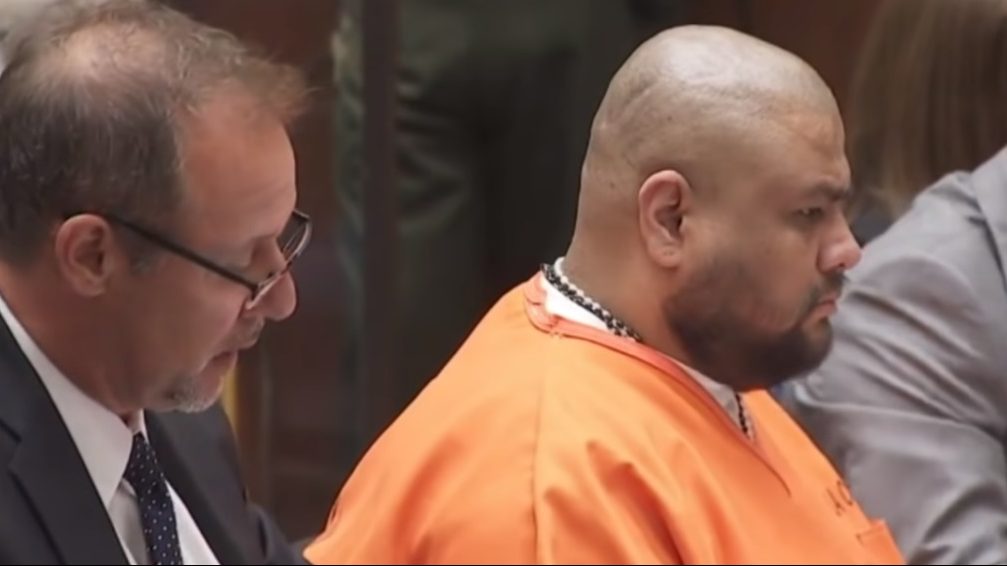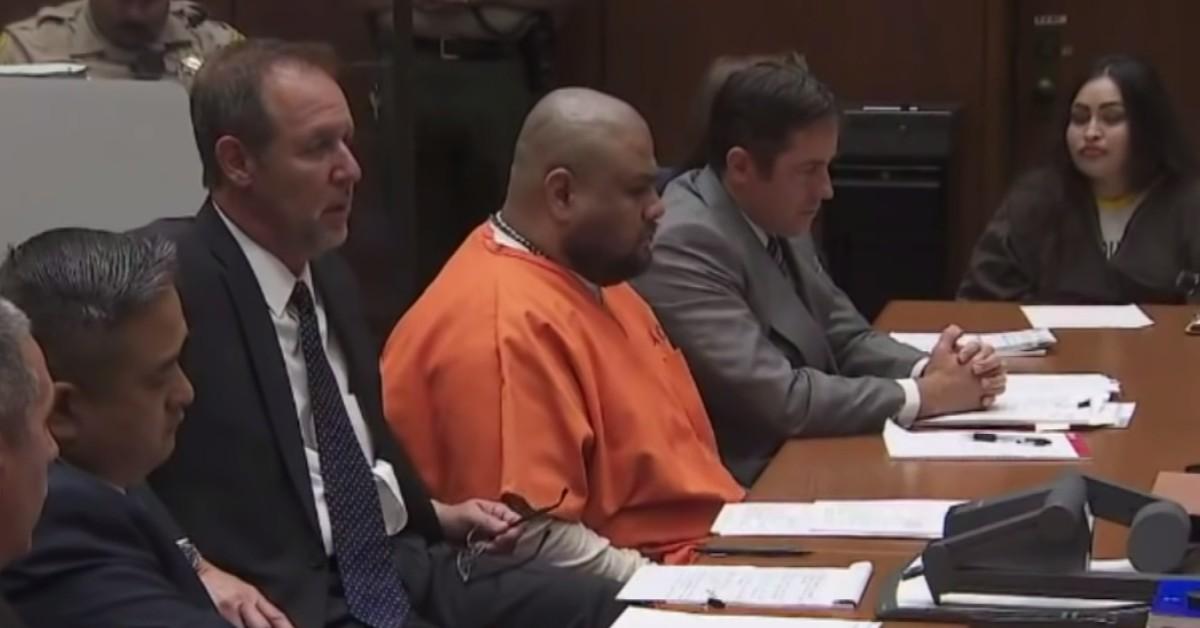The case of Isauro Aguirre has captivated public attention for its harrowing details and the severe sentence it culminated in. As people continue to seek justice and closure, many are interested in understanding more about the circumstances that led to Aguirre's placement on death row, the date of his sentencing, and the broader implications of the case. The complex nature of this case extends beyond the courtroom, sparking discussions on child protection, judicial processes, and ethical concerns surrounding capital punishment. To gain a comprehensive understanding, one must delve into the biography of Isauro Aguirre, the specifics of his crime, the trial proceedings, and the societal impact that followed.
In examining the case of Isauro Aguirre, it's crucial to consider the biographical elements that shaped his life and actions. Understanding his background provides context to the events that transpired and offers insight into the psychological and environmental factors at play. Moreover, the personal details of those involved, including the victim and Aguirre's accomplices, are essential in painting a complete picture. This article will also explore the implications of Aguirre's death row sentence on the legal system and society, addressing how such cases influence public policy and perceptions of justice.
The sentencing of Isauro Aguirre to death row has far-reaching consequences that extend beyond the immediate punishment. It raises important ethical questions about the effectiveness and morality of capital punishment, especially in cases involving heinous crimes against vulnerable individuals. As we delve into the details of Aguirre's case, we will also consider the broader impact on child welfare systems, judicial reforms, and the ongoing debate surrounding the death penalty. By examining these aspects, this article aims to provide a thorough understanding of the case and its implications, offering valuable insights for those interested in legal and social issues.
Read also:Jon Cryer Net Worth 2024 A Dive Into The Stars Wealth
Table of Contents
- Biography of Isauro Aguirre
- Background and Personal Life
- The Crime Details
- Trial and Conviction
- Isauro Aguirre Death Row Date
- What Led to the Death Row Sentence?
- Legal Implications
- Impact on Child Welfare Systems
- Ethical Debate on Capital Punishment
- Societal Response
- Media Coverage and Public Interest
- Reforms in Judicial Processes
- What Are the Long-term Consequences?
- Conclusion
- Frequently Asked Questions
Biography of Isauro Aguirre
Born on June 13, 1980, Isauro Aguirre grew up in a modest family in the United States. His early life, marked by challenges and hardships, played a significant role in shaping his character and future actions. Aguirre's upbringing, as described by those who knew him, was fraught with difficulties, including financial instability and strained familial relationships. These factors, combined with a lack of positive role models, contributed to his troubled adolescence and eventual involvement in criminal activities.
Background and Personal Life
Isauro Aguirre's background reveals a complex tapestry of personal and social influences. Raised in a neighborhood with high crime rates and limited opportunities, Aguirre faced numerous obstacles from a young age. Despite these challenges, he managed to complete his high school education and sought employment in various low-paying jobs. His personal life, marred by tumultuous relationships and a lack of emotional support, further complicated his journey. These elements, when examined closely, provide a deeper understanding of the factors that may have contributed to his criminal behavior.
| Full Name | Isauro Aguirre |
|---|---|
| Date of Birth | June 13, 1980 |
| Place of Birth | United States |
| Occupation | Former Security Guard |
| Criminal Status | Death Row |
The Crime Details
The crime committed by Isauro Aguirre is one of the most disturbing cases of child abuse in recent history. In 2013, Aguirre, alongside his partner, Pearl Fernandez, was charged with the brutal torture and murder of eight-year-old Gabriel Fernandez. The abuse, which spanned over several months, included physical beatings, starvation, and confinement, leading to the child's tragic death. The details of this crime shocked the nati

